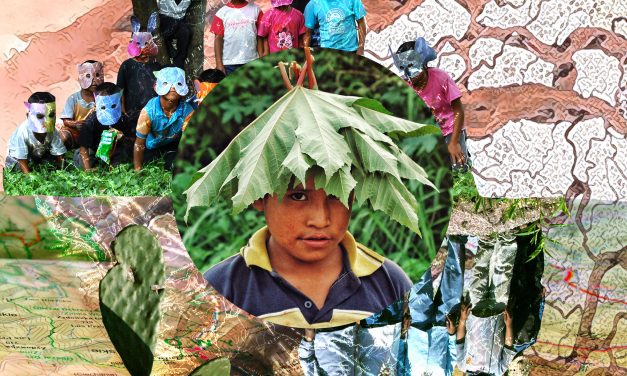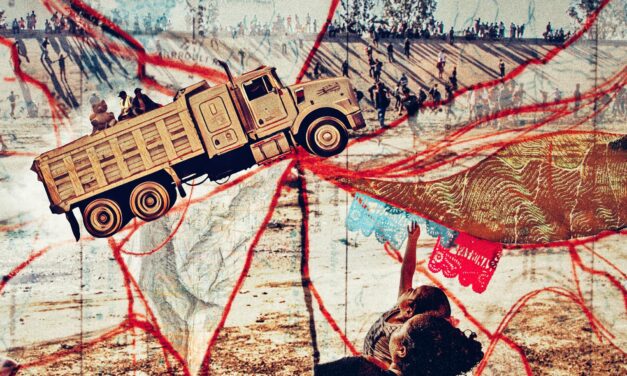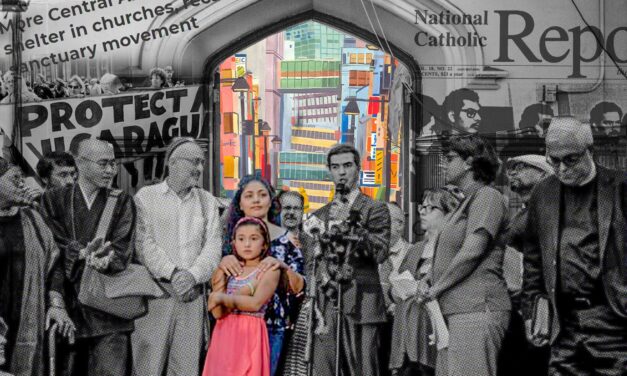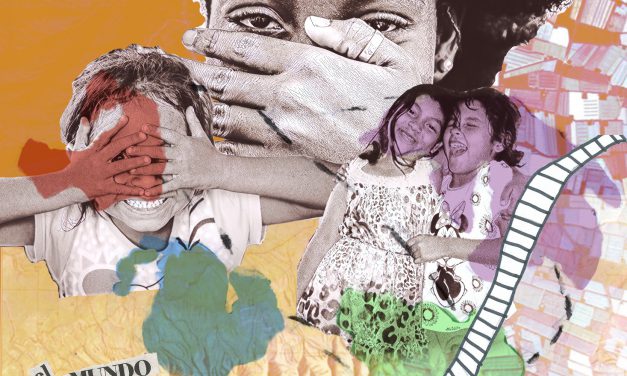Epifanio, Memories of a Na Savi Boy
Epifanio shares his story and what it means to be a migrant, indigenous and grow up with the vicissitudes that is migration. Through autobiographical short films, we embark on the life journey of a young Mixtec boy who left his town to work in the agricultural fields, and later on, to cross the border.













